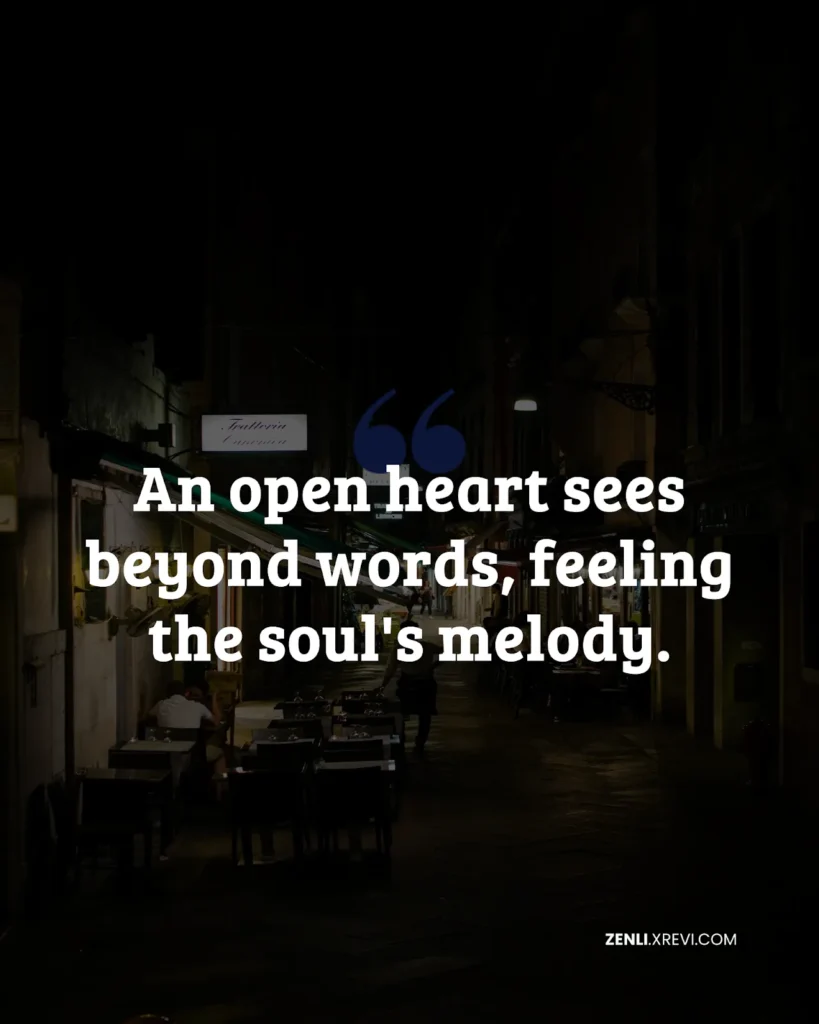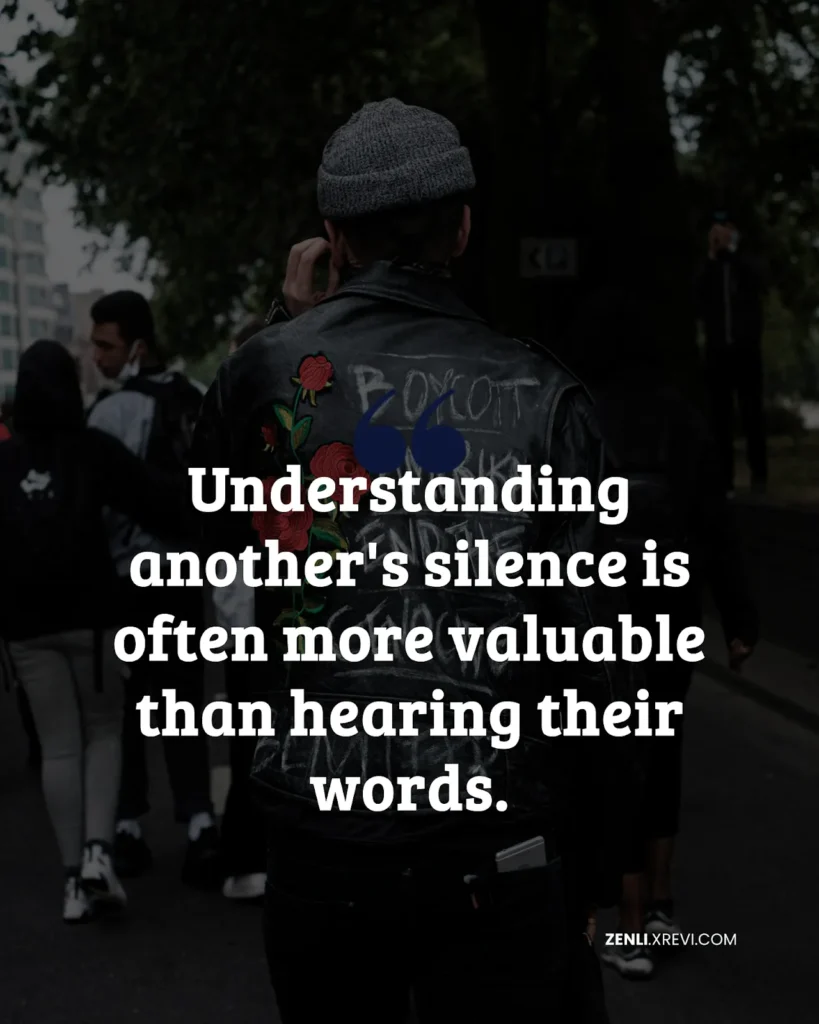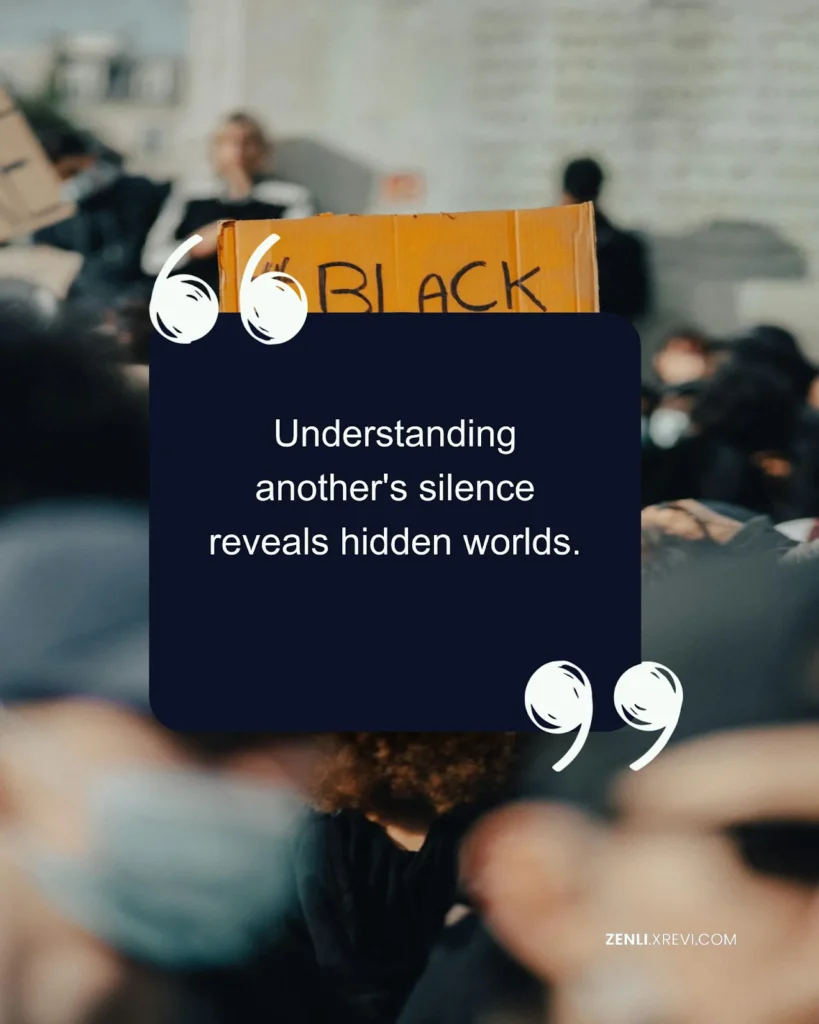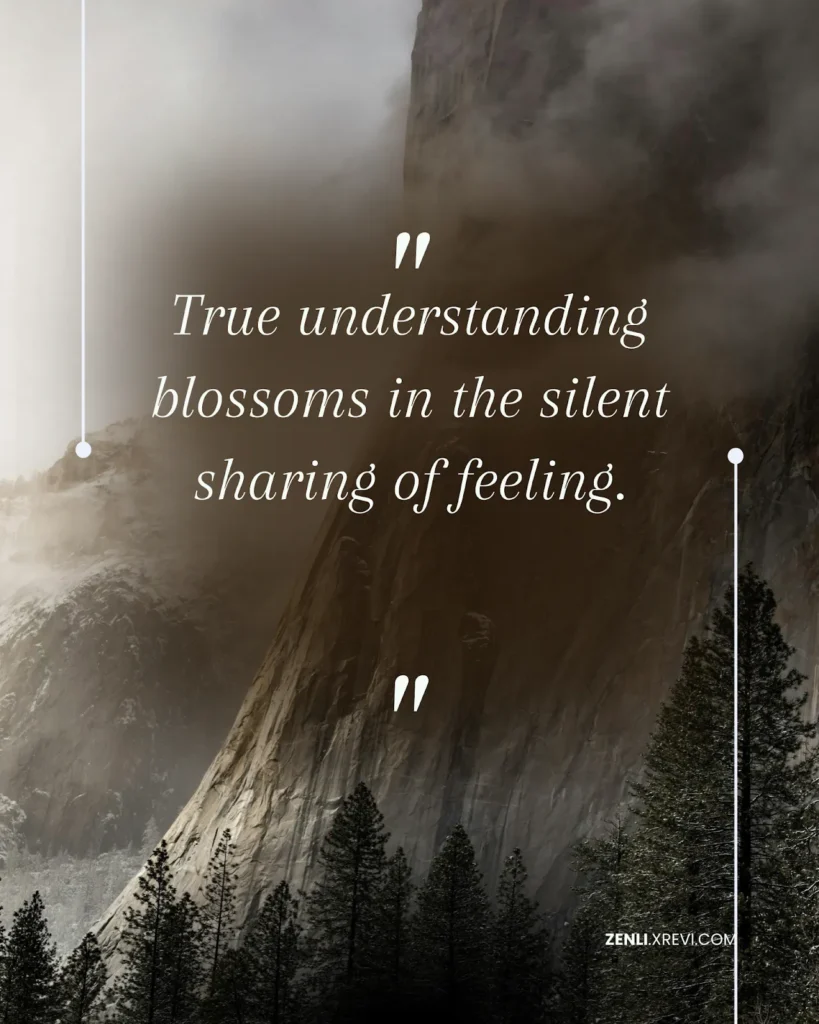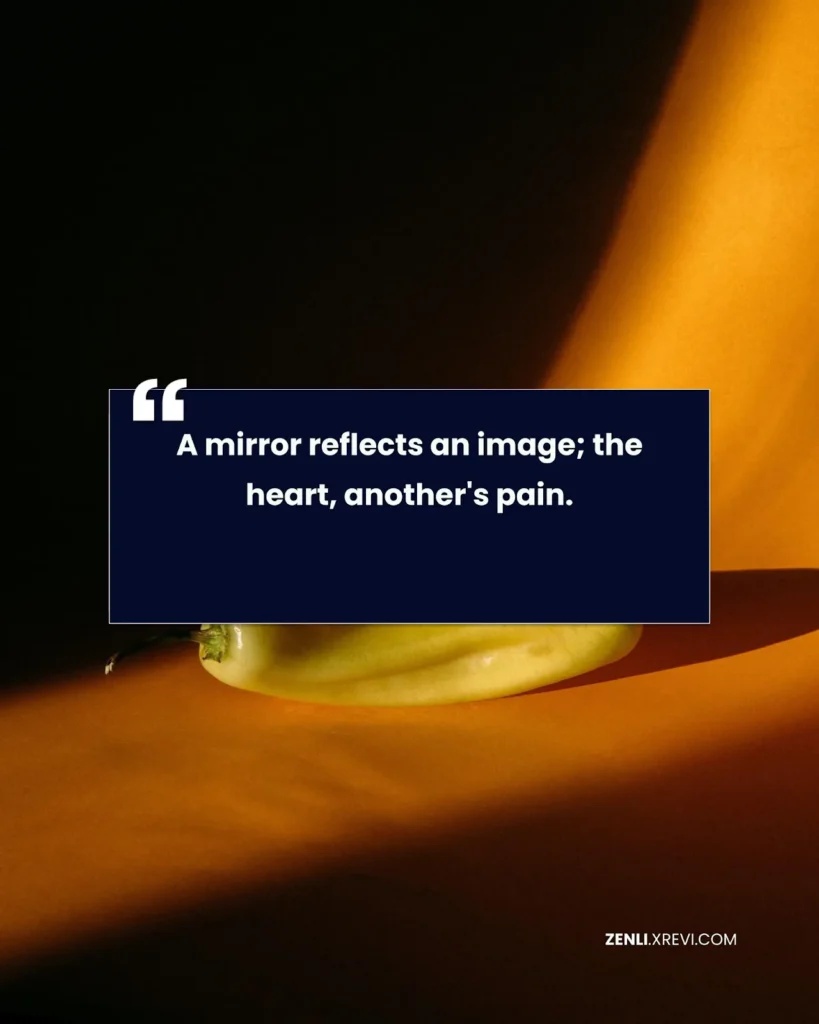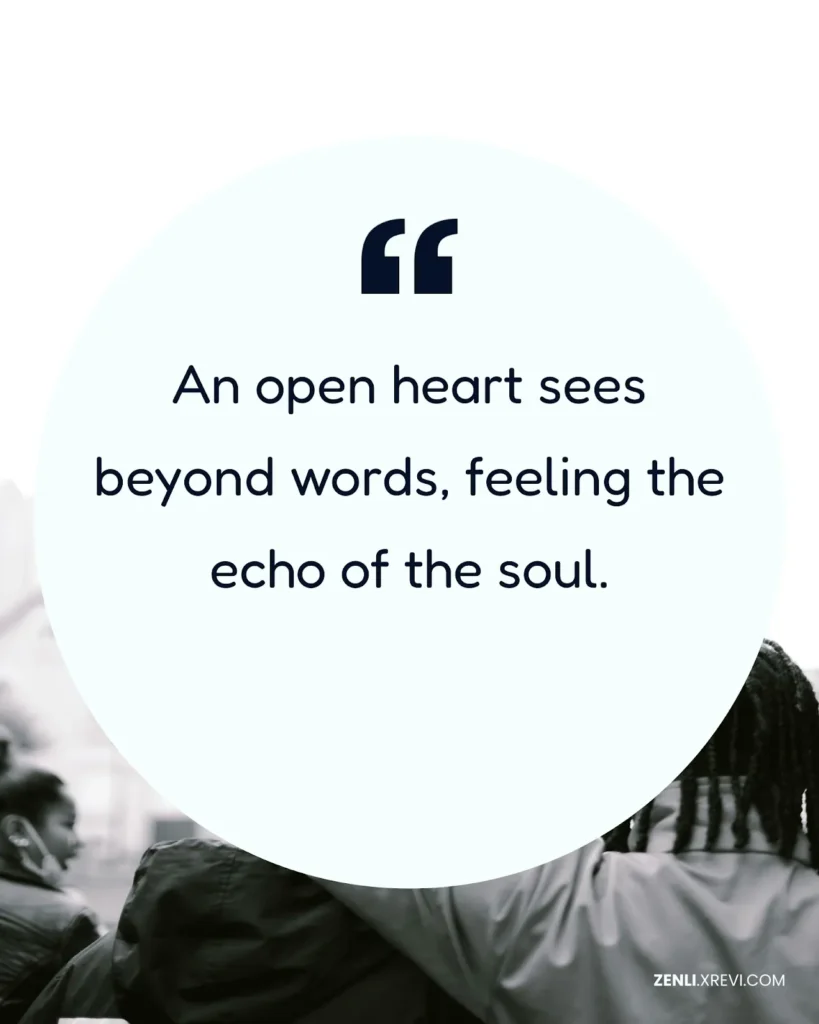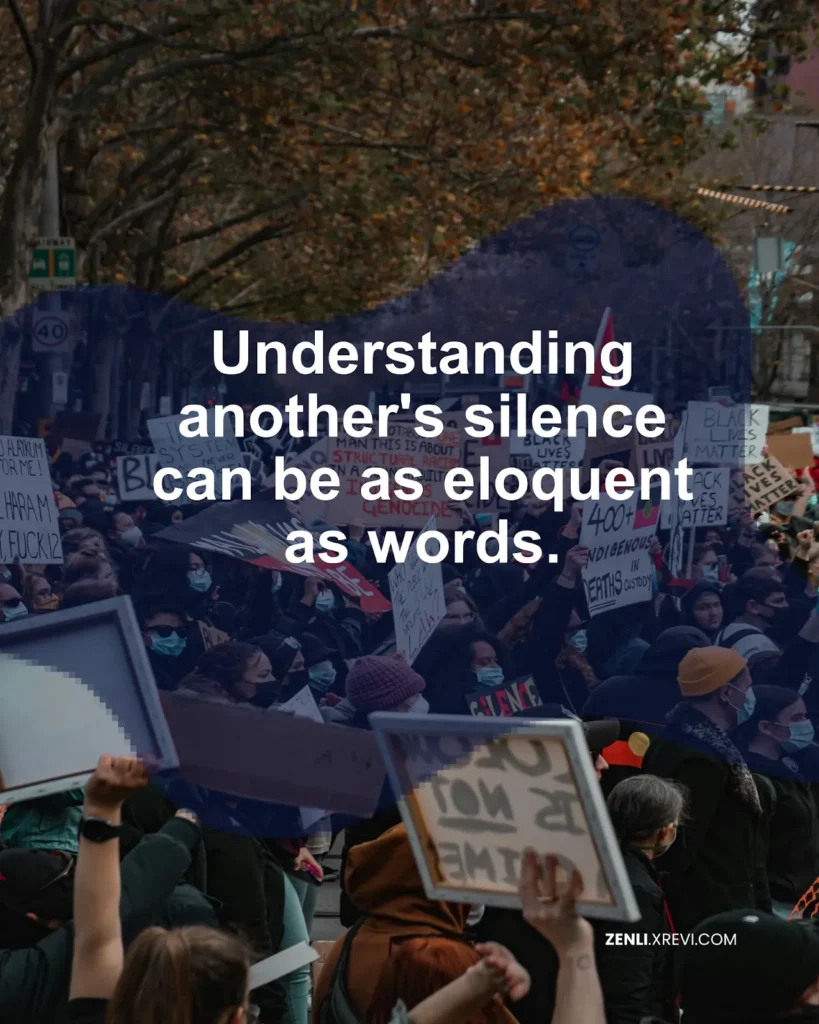Have you ever seen someone struggling to carry groceries, and felt a sudden urge to offer a hand? Or perhaps you’ve watched a friend go through a tough breakup and found yourself wanting to offer comfort, even if you couldn’t fully understand their pain? These seemingly small acts stem from a powerful human capacity: empathy. It’s not about fixing everything or offering grand solutions; it’s about connecting with another person’s experience, acknowledging their feelings, and showing that you care. In a world that often feels increasingly disconnected, empathy is the bridge that helps us reconnect, fostering understanding and compassion in our relationships, communities, and even the wider world. It’s a skill we can all cultivate, one small interaction at a time. But what does it truly mean to practice empathy, and how can we become better at it?
—
Empathy: a hummingbird’s sip from sorrow’s well.
—
This beautiful metaphor perfectly captures the essence of empathy. Think about it: a hummingbird, tiny and delicate, taking just a small sip from a deep, possibly overwhelming well of sorrow. It doesn’t drain the well, doesn’t attempt to solve the problem contained within, but acknowledges its existence and takes a small, meaningful part of it in. Empathy is not about taking on someone else’s burden entirely; it’s about recognizing their pain, acknowledging its validity, and offering a small gesture of understanding and support. It’s about acknowledging the vastness of someone else’s emotional landscape without getting lost in it yourself.
Perhaps you’ve witnessed a colleague facing a difficult project deadline. Instead of dismissing their stress, empathetically acknowledging their pressure (“That sounds incredibly challenging. How can I help you manage the workload?”) demonstrates genuine care. Or maybe a loved one is grieving a loss; offering a listening ear, a shoulder to cry on, or simply a presence without judgment is far more impactful than trying to fix their grief. These small acts, like the hummingbird’s sip, acknowledge the depth of their experience without trying to consume it. They offer comfort and validation, fostering a stronger connection and ultimately making the world a little kinder. It’s about understanding *that* someone is suffering, not necessarily *why* they are suffering. That’s the power of the sip; it’s about connection, not comprehension.
Remember that empathy isn’t passive; it’s an active choice. It requires paying attention, truly listening, and putting yourself in another person’s shoes (even if only momentarily). It might mean asking open-ended questions, validating their feelings, and offering support without judgment.
—
The ability to empathize is crucial for building healthy relationships, creating compassionate communities, and fostering a more understanding world. It’s not about becoming a human sponge absorbing every ounce of suffering around us, but rather about recognizing the human experience shared by all, and offering a tiny, meaningful sip of understanding whenever possible. This “sip,” as small as it may seem, can create ripples of positivity and connection that extend far beyond the initial interaction. Take a moment today to reflect on your own capacity for empathy. Where can you offer a “sip” to someone in need? Share your thoughts and experiences in the comments below – let’s build a more empathetic world together, one small sip at a time.
Photo by Jessica Furtney on Unsplash


